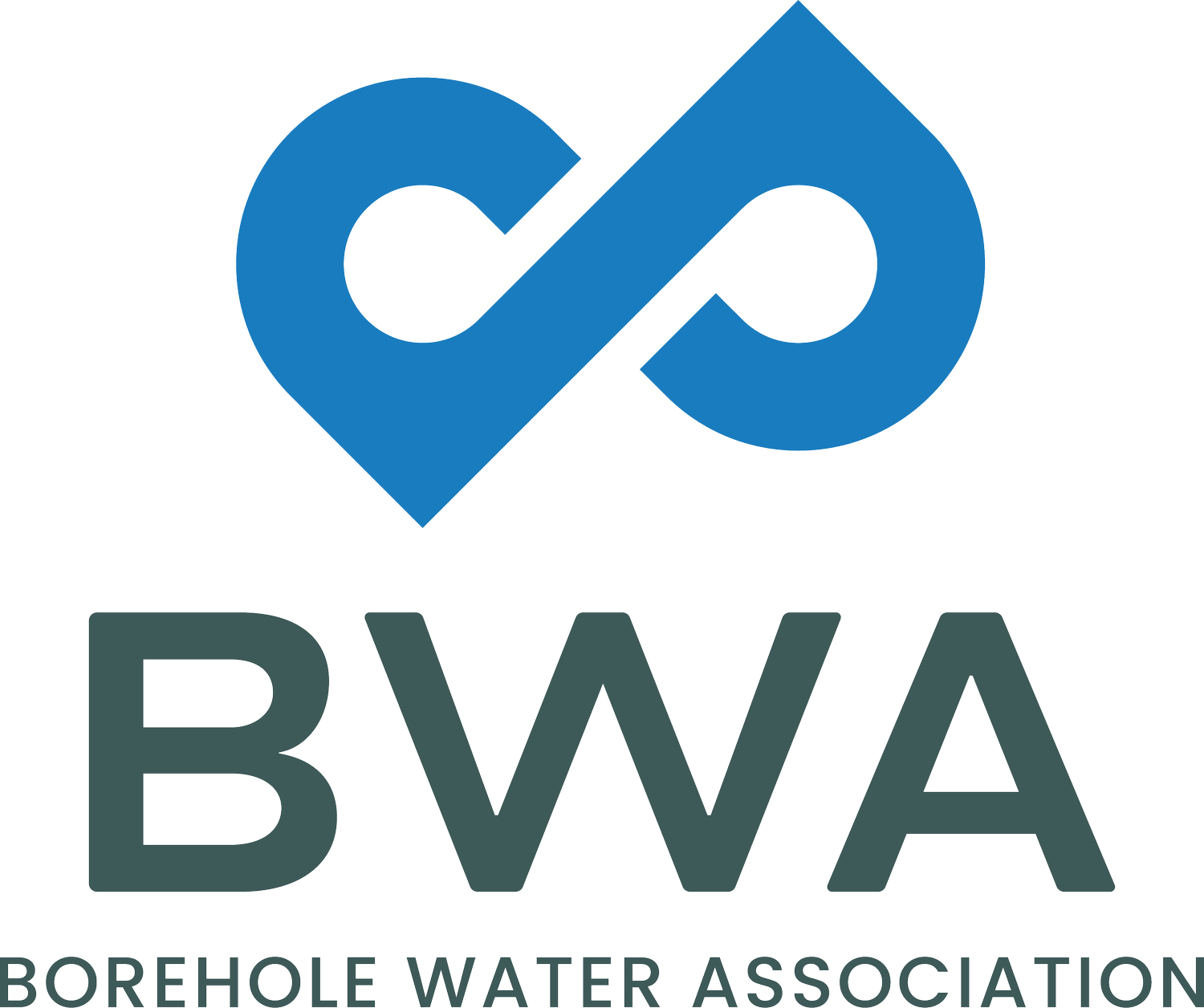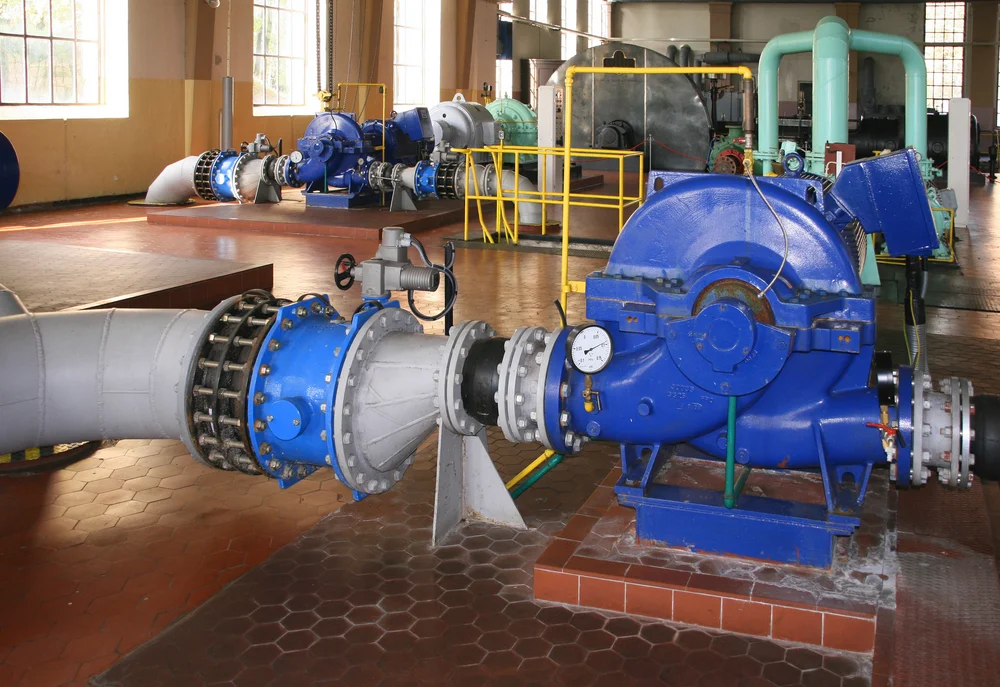Get on board with the new water use licence system
/The process for water use licence applications (WULAs) is improving with an on-line system being put in place by the Department of Water and Sanitation (DWS), according to SRK Consulting principal environmental scientist Jacky Burke, the leader of SRK’s WULA Group in Johannesburg who hosted a workshop on the topic last month.
“Water is a complex field and everyone involved is on a steep learning curve with the stringent new licensing system,” said Burke. “But we are confident that by sharing our experiences in workshops like these – and continuing to receive guidance from DWS – we can help clients improve compliance and reduce operational and closure liability costs.”
SRK’s Water Use Licence experts: From left to right: Megan Govender, Jacky Burke, Bjorn Schroder, Avril Owens, Didi Masoabi, Giulia Barr, Angelika Mohr
The workshop focused on the new Electronic Water Use Licence Application and Authorisation System (EWULAAS), highlighting the value of making the financial and time investment early in a WUL application so that costs can be saved later. Experts also outlined how applications could benefit from the DWS’s more streamlined and manageable process – while also considering where challenges were being experienced.
SRK senior environmental scientist Avril Owens emphasised that the web-based EWULAAS system was user-friendly and followed a logical flow process in three key steps: a first, pre-application phase; a second phase in which supporting documents and water use forms are submitted on-line; and a third phase where a technical report and additional specialist information are uploaded for DWS decision making.
“EWULAAS certainly promises to be a great improvement on the original paper-based system,” said Owens. “Among the advantages is the ability to generate a summary of water uses per farm prior to phase one submission, which provides a check and highlights gaps in the application; also, the submission can be tracked on-line, providing more transparency on its progress.”
As with any new system, she said, there were going to be teething issues, so SRK maintained close working links with DWS to help ensure that the system worked optimally.
“There is no doubt that this is a better way to go – with applicants knowing that all the information is there, that nothing can get lost, and that the process can be tracked,” she said. “There is obviously also a human element to the system, and as users we also have to play a constructive role in keeping everyone to the deadlines.”
Owens emphasised the importance of the pre-application phase, in which applicants meet with DWS to clarify their way forward; in fact, most of the preparation work is required to be completed before the on-line submission process can begin.
Highlighting the type and scale of activity to be undertaken, SRK principal environmental scientist Didi Masoabi said it was important for applicants to be aware that site-specific environmental impact assessments and specialist studies may need to be conducted.
“Public participation is also an important element of a WULA, as interested and affected parties need to be informed about what you plan to do and how it may impact them,” said Masoabi. “Depending on the size of your project, the DWS may need more information on how you intend to communicate with the public about your project.”
The workshop included presentations by SRK environmental scientists Giulia Barr, Angelika Möhr and Björn Schroder, as well as Stephen van Staden, an accredited aquatic biomonitoring specialist at Scientific Aquatic Services (SAS).
Burke said it was vital for WUL applicants to have the findings of their studies thoroughly reviewed by experienced experts to minimise the potential for unreasonable conditions in the water use licence based on specific specialist findings, and that the SRK WULA team was geared to tackle complex projects within the evolving environmental legislative framework.
“We work with clients on projects from concept stage through to closure, providing services such as integrated WULAs, general authorisation applications, WUL amendment applications, and WUL audits,” she said.
Issued on behalf of SRK Consulting. For further information, kindly contact Sally Braham on 011 646 9322 or 083 461 2825





